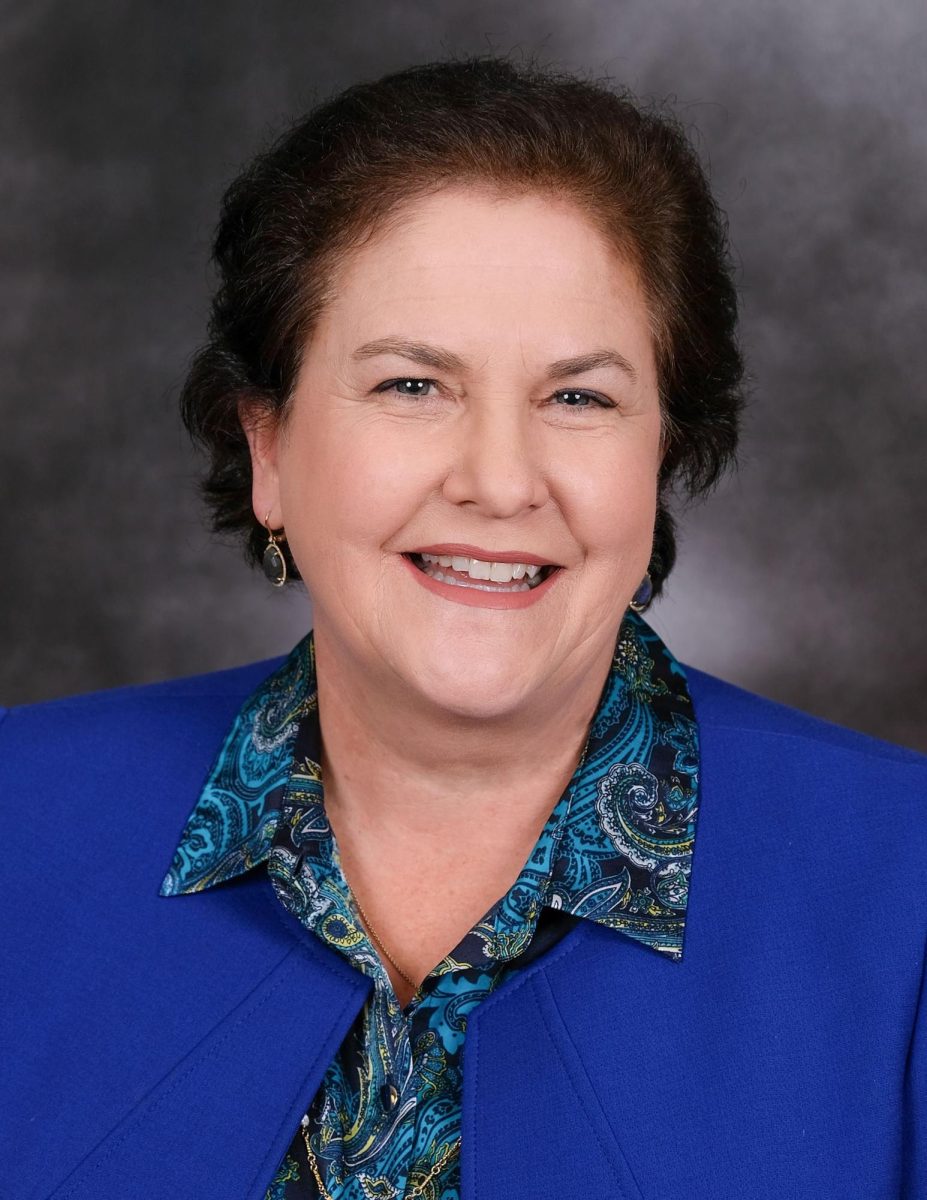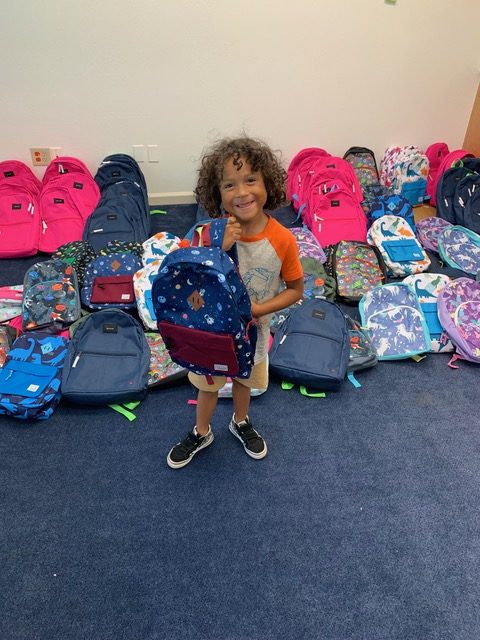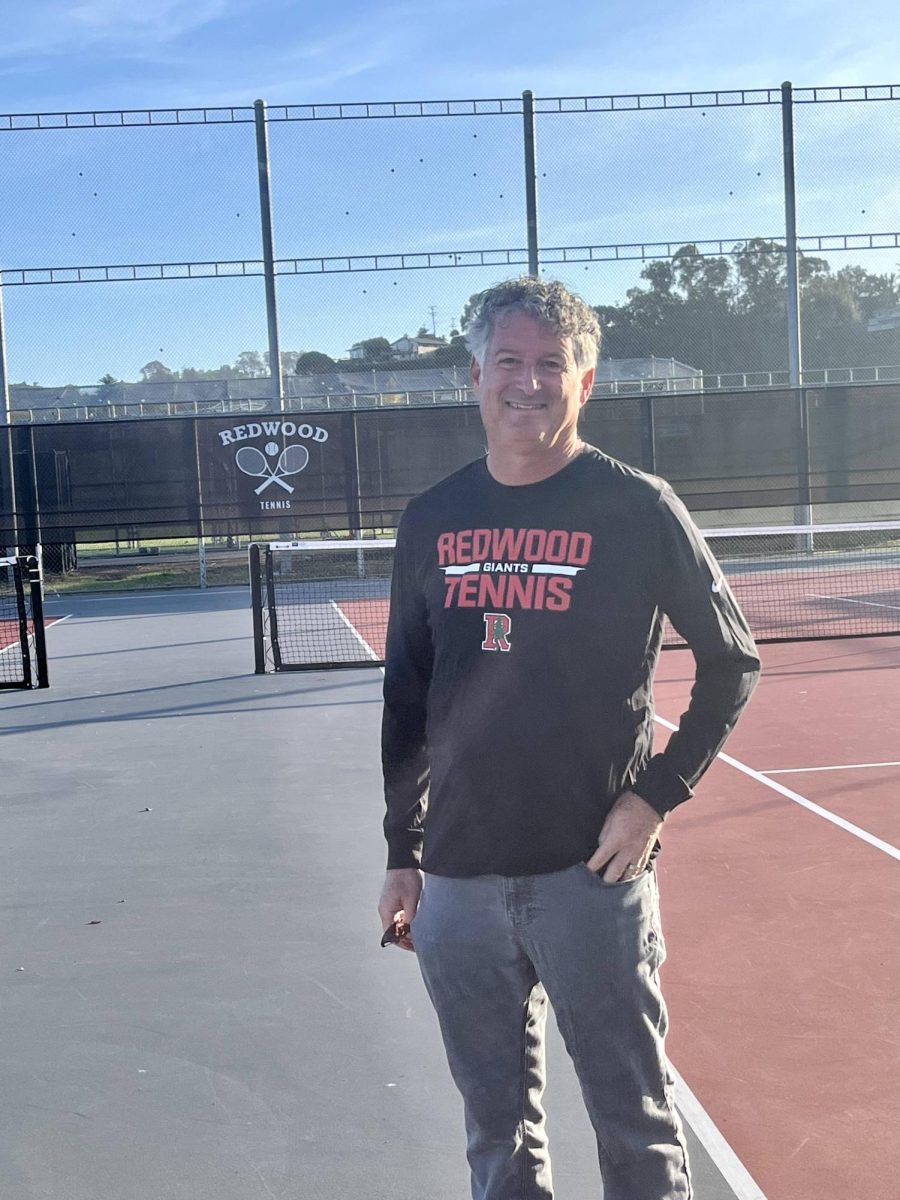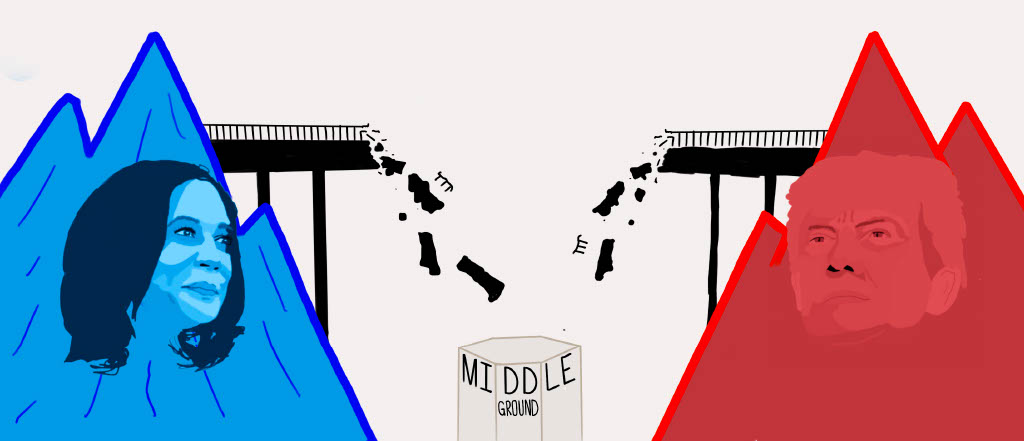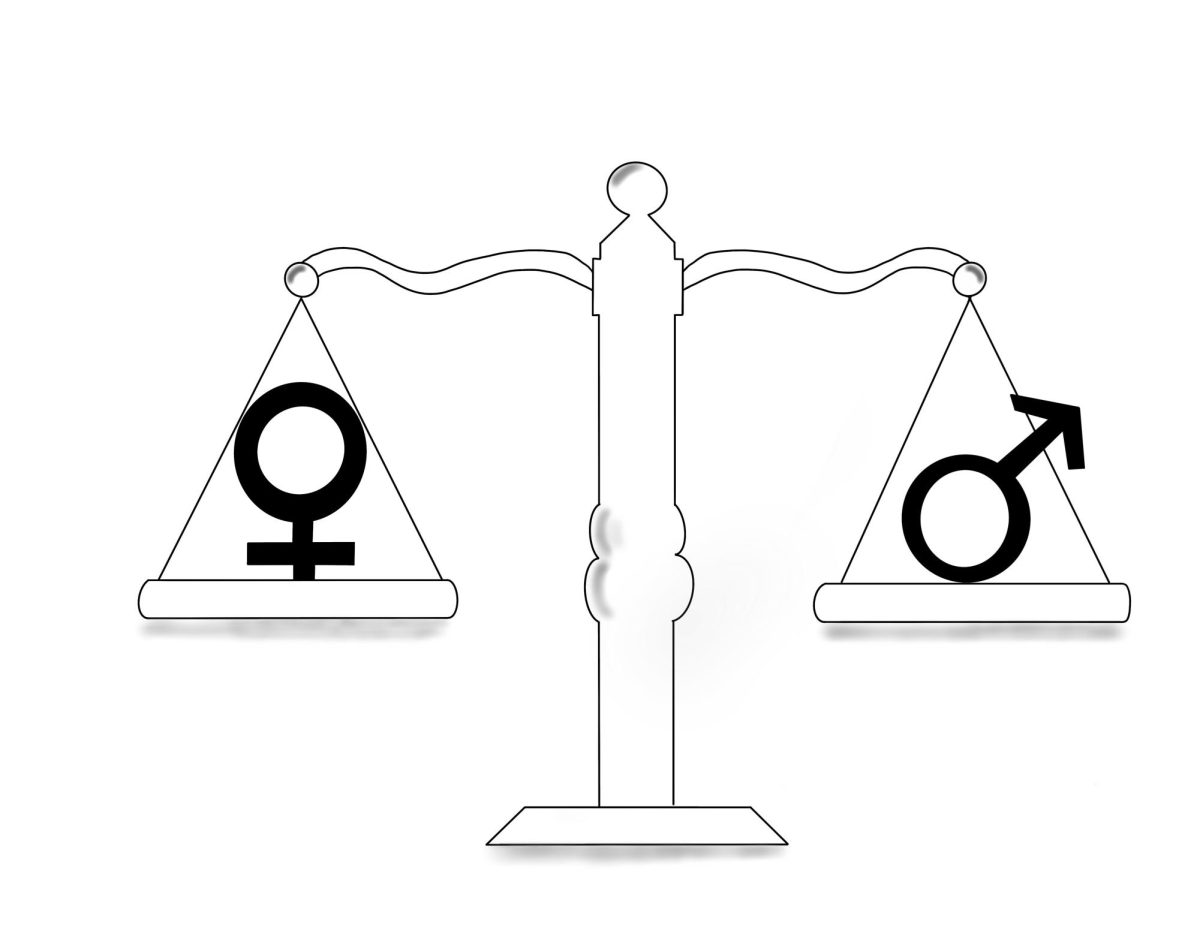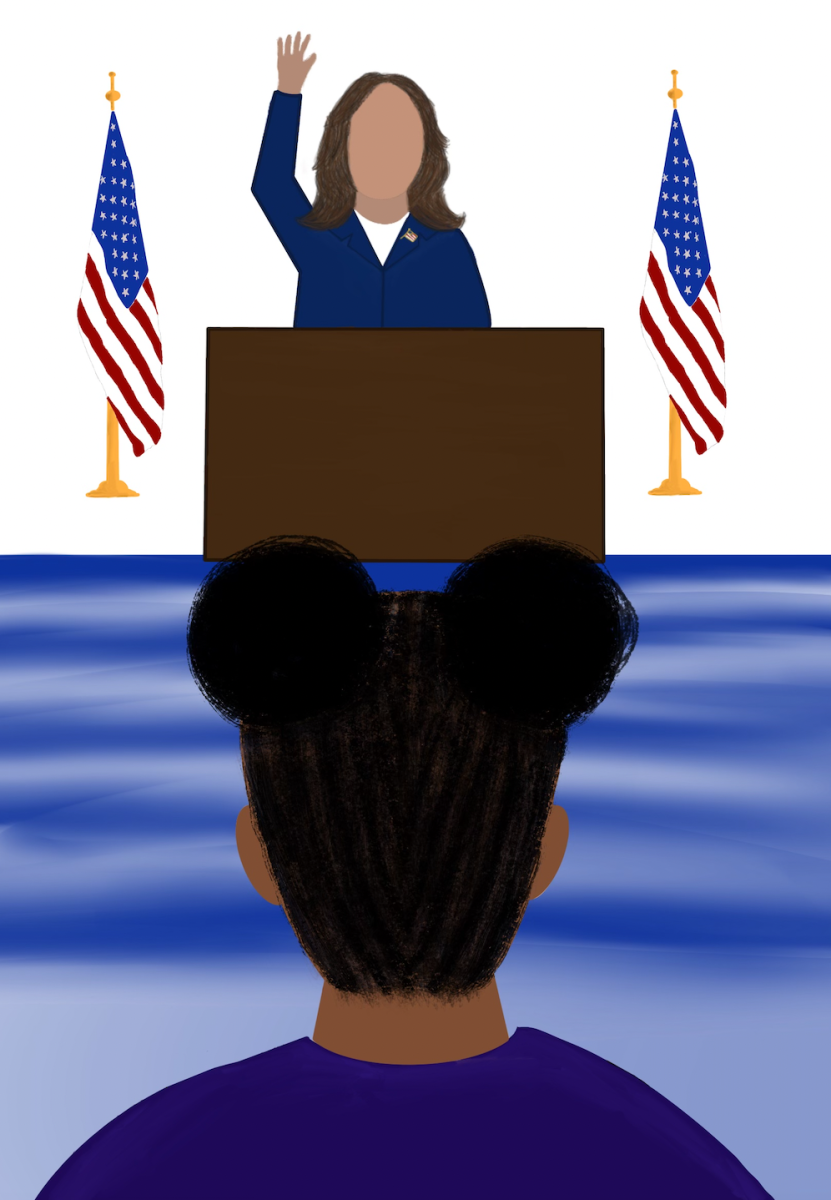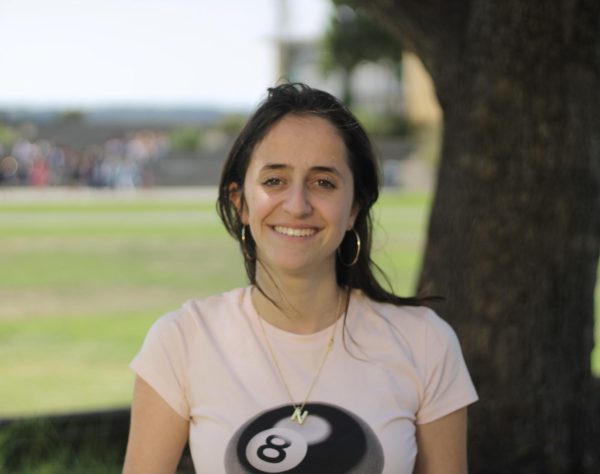Hamas’s initial attack on Israel on Oct. 7 and the violent conflict that followed between the two powers has sparked outrage across the U.S. Issues concerning nationality and deeply rooted hate have resulted in a 388 percent increase in anti-Semitic acts since 2022, according to the Anti-Defamation League (ADL).
For those not in Israel or Gaza, there may be pressure to choose a side: “Who do you stand with?” Regardless of where one may find themselves in regards to the war, there is no way to ignore the toll it has had on human lives.
In its history, the conflict has claimed hundreds of thousands of lives, leaving behind a landscape of destruction and breeding mindsets of hate and apprehension. Because Israel’s military forces have been at the forefront of these civilian casualties, there has been a rise in anti-Israeli sentiment, according to the ADL. However, the line between anti-Israel sentiment and anti-Semitism often blurs.

As the tensions rise, many Jewish students feel caught in the crossfire. Ben Smulewitz, a sophomore and the Vice President of Terra Linda High School’s Jewish Student Union (JSU), reflects on this fear. Since the conflict, he is one of the many high school students who has become cautious about sharing his Jewish identity.
“It’s been hard in general for Jewish students everywhere amid the war. I know many Jewish students that don’t wear Jewish stars [anymore], and I wear my necklace under my shirt because it’s really scary to walk around and have that showing. A lot of us are nervous wearing that out in public because we never know what will happen,” Smulewitz said.
The Star of David, often a symbol of the nation of Israel and the identity of the Jewish people, has turned from something proudly worn, to a target of prejudice and violence for Jewish youths and adults alike.
Additionally, the anti-semitism that has arisen on college campuses from historically liberal communities has been a major shock to followers of the Jewish religion. For graduate student and resident of Berkeley, Emma who, for her own safety, has requested to stay anonymous, has noticed an increase in anti-Semitic sentiment, especially when she mentions having any ties to Israel.
“I encountered an extreme amount of anti-semitism when I was [in college], so much so that it led me to move to Israel because I was so impacted by the vitriol, the rhetoric, the propaganda and the divisiveness,” Emma said. “Since being back [from Israel], I have had to be very hush-hush about having lived there. I think people assume that if you have a [connection] to Israel, you think, believe, feel and support a certain way, and that’s really not accurate.”
The same anti-semitism Emma faced on her college campus, Smulewitz has encountered while in high school, simply for being openly Jewish.
“People automatically assume that all Jews are pro-Israel. [But], most Jewish people that I’ve met, like myself, want peace,” Smulewitz said.
To discuss this topic further, Smulewitz set up a meeting with John Carroll, the Marin Superintendent of Schools, Jewish Redwood students and members of Terra Linda’s Jewish Student Union (JSU). They met on Tuesday, Nov. 27, to discuss the anti-semitism students face on their campuses and the ways to combat future cases that arise from the Israel-Palestine conflict.
Smulewitz initiated this after hearing about a meeting between John Carroll and the parents of Jewish students. Smulewitz requested that he be invited and was surprised to discover that he was the only teen present during the discussions on how to better the lives of students. The lack of youth voices frustrated Smulewitz, who united his Jewish peers to address their concerns with Carroll.
“[The meeting] gave us a chance, as Jewish students, to express how we’re feeling because I think that is an issue that has been left out,” Smulewitz said. “There is a lot of parent communication about how they feel about [anti-semetism], but there hasn’t been a lot of student communication about what we’re experiencing and feeling. And I think that [the meeting] was a really great platform.”
According to Smulewitz, a commonality in student responses at the meeting was frustration over the insensitivity of their peers and teachers. This insensitivity can originate from a lack of information on Judaism and the struggles the Jewish people have faced.

Adina Golbus, a Terra Linda High School senior and a fellow member of the JSU, added to the conversation after considering the perspective of those outside of the Jewish Religion.
“This is our religion, and not everybody is religious so they might question, ‘Why should I care?’ ‘Why do I need to be educated on it?’ And the answer is because of all of the misinformation and harmful things that come out of not knowing,” Golbus said.
Amongst the attendees to the meeting was junior Madi Rand, who spoke on the anti-semitism she has witnessed from peers on the Redwood campus.
“Last year, in my class, this kid was writing on a piece of paper and was laughing. He showed his friend a swastika [he had drawn] on his piece of paper. He was sitting directly across from me and I could clearly see it,” Rand said.
Rand’s experience is not an isolated incident. In 2020, an Instagram account associated with Redwood requested that followers find Jewish high school students in Marin County and formed a “Hit List,” which encouraged hate-motivated behavior towards Jewish students. Junior Rumi Rezoni offered yet another experience with ignorance that quickly turned insensitive at Redwood.
“I had an interaction freshman year where someone saw I was wearing a Star of David and asked me if I was Jewish. It started up a conversation that quickly turned to beliefs about God and when I told them my beliefs, they asked why I didn’t convert to Catholicism so that I could be more in touch with God,” Rezoni said.
Citizens’ ignorance and hate could very well lie in education systems, starting from as early as middle school. Members of the district have started to recognize this problem, including Superintendent Tara Taupier, who spoke on the upcoming second Stop-and-Learn in January. This event aims to target this misinformation on a broader scale, including anti-semitism to combat inattentiveness to the Jewish student body’s needs.
It is also important to recognize that Islamophobia is on the rise at the same time. On Nov. 27, three college students of Palestinian descent were shot in Vermont. This is just one instance where the Israel-Palestine conflict has provided Americans with context to not only openly share Islamophobic sentiments but also attack Muslim Americans. Emma spoke about the impact the war had on all those involved.
“[People should be] thinking about the trauma for both Palestinians in Gaza — who are living through the bombings — and what’s going on in Israel. There is not a single person that doesn’t know someone who’s dead, missing or a hostage,” Emma said. “[Speaking from] someone who’s in the mental health field, the generational trauma [this war created] is going to wreak havoc on both sides and is tragic for everyone involved.”


